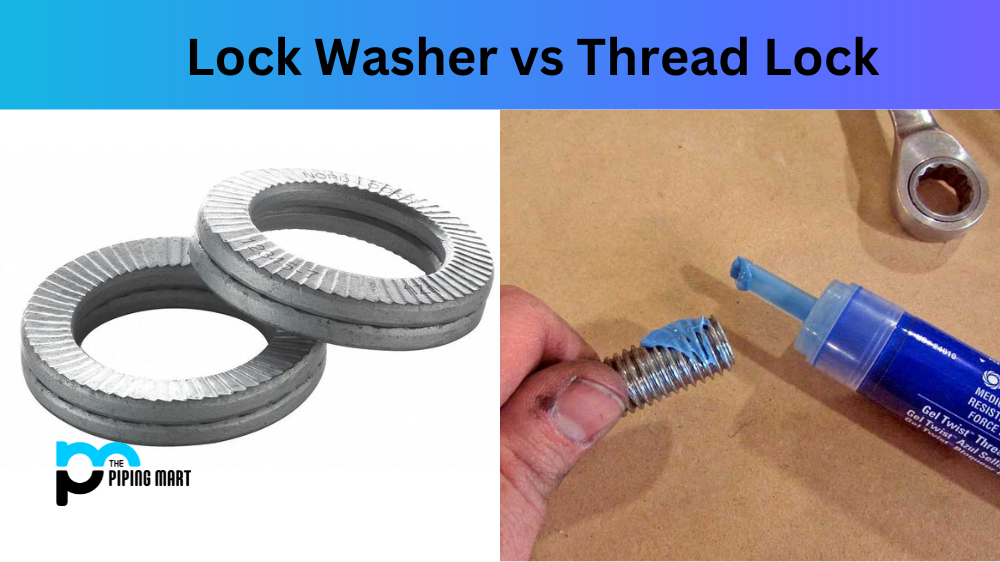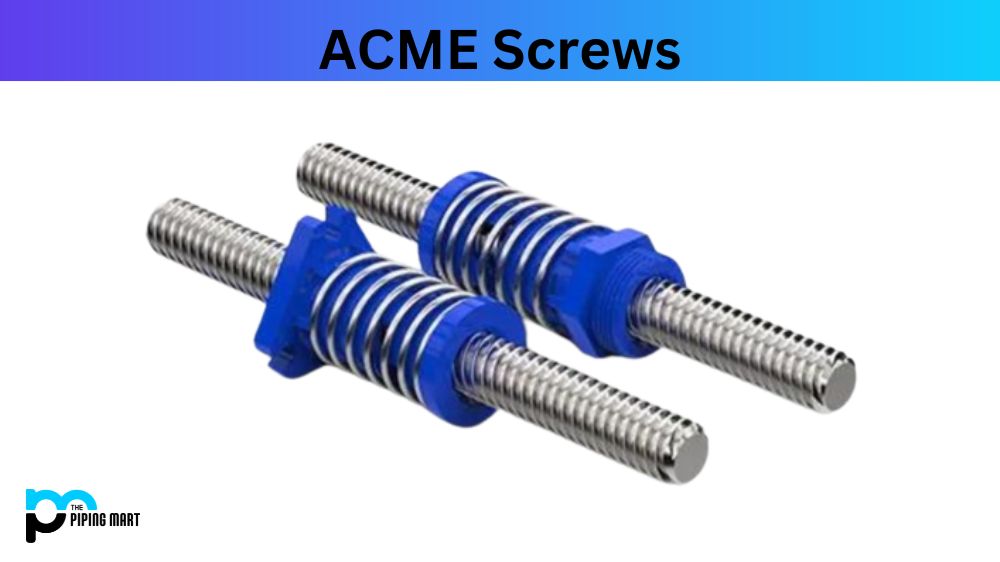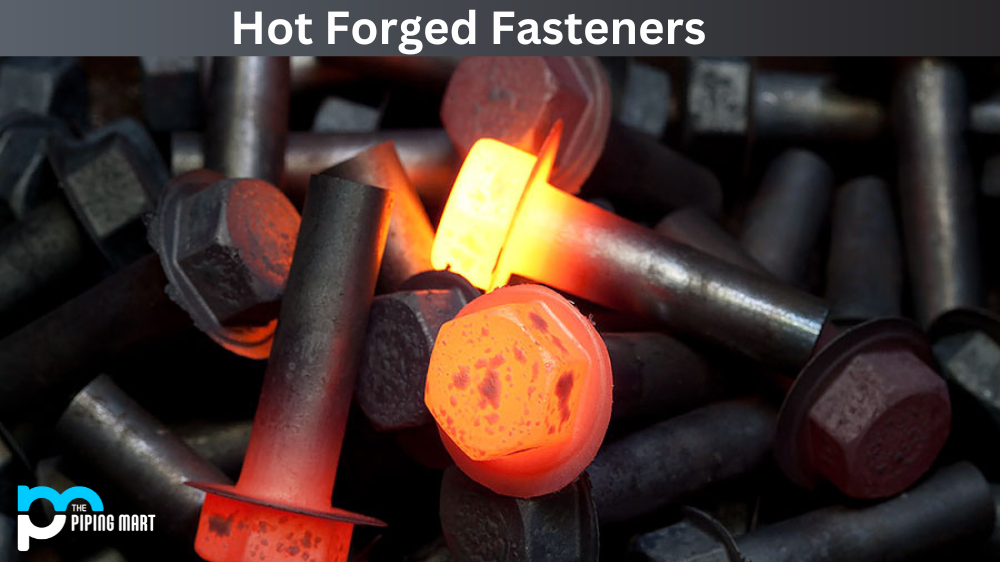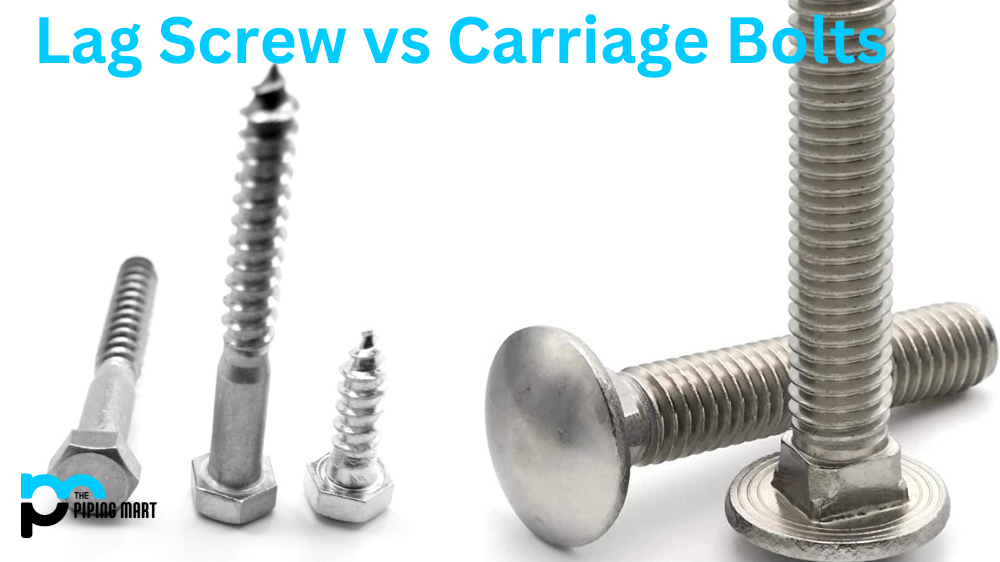When it comes to fastening two pieces of metal together, there are several different methods. But if you want a secure connection that will last, then two of the best options are lock washers and thread-lock. Both of these products are designed to provide a secure connection, but there is an important difference between them. Let’s take a look at what sets lock washers and thread locks apart from each other.
What is Lock Washer?
A lock washer is one type of fastener designed to hold two pieces of metal securely together. It does this by creating tension between the two pieces when tightened down. This tension helps keep the fastener in place so that it doesn’t loosen over time or vibrate loose due to movement or shock. Lock washers come in several different designs, including split-ring lock washers, wave washers, and Belleville washers. Each design works slightly differently, but all do essentially the same job—to keep your fasteners secure and tight.
What is Thread Lock?
Threadlock is another type of fastener designed to hold two pieces of metal securely together. Unlike lock washers, which create tension between the two pieces, thread lock chemically bonds them together for added security. This chemical bond helps keep the fastener from ever loosening or coming undone due to vibration or shock. The most popular type of thread lock is Loctite Threadlocker Blue 242 which can be used on both coarse and fine threads with varying degrees of strength depending on how much you apply.
Difference Between Lock Washer and Thread Lock
When it comes to fastening materials together, there are a variety of options to choose from, including lock washers and thread lock. While both serve a similar purpose of preventing bolts from loosening over time, they work in different ways. A lock washer is designed to be placed between the nut and the surface of the material being fastened, creating tension that helps keep the nut from backing out. Thread lock, on the other hand, is a liquid adhesive that is applied to the threads of a bolt before it is installed. As the adhesive dries, it creates a bond between the threads, increasing the holding power of the fastener. Whether you choose to use a lock washer or thread lock will depend on the specific application and the level of vibration the fastener will be subjected to.
- A lock washer is a type of washer that is used to prevent a nut or bolt from loosening due to vibration.
- A thread lock is a type of adhesive that is used to prevent a nut or bolt from loosening due to vibration.
- Lock washers are made from a variety of materials, including steel, brass, and nylon.
- Thread locks are typically made from synthetic resins or gels.
- Lock washers are typically used in applications where there will be high levels of vibration, such as in engines or machinery.
- Thread locks are typically used in applications where there will be moderate levels of vibration, such as in household appliances or office equipment.
Conclusion:
When it comes to keeping your fasteners secure and tight, both lock washers and thread lock have their advantages and disadvantages depending on your needs and application. If you need something that will resist vibration or shock, then a thread lock might be right for you as it offers a more secure bond than a traditional lock washer would provide. On the other hand, if you don’t require such a secure bond, then perhaps a traditional lock washer would be more suitable for your needs as it can provide enough tension to keep your parts secured without requiring any additional chemical bonding agents like thread lock does. Ultimately choosing which option is best depends on what kind of application you are working with, so make sure you consider all factors before making your decision!

Pipingmart is a B2B portal that specializes in metal, industrial and piping items. Additionally, we share the latest information and information about materials, products and various types of grades to assist businesses that are involved in this business.




